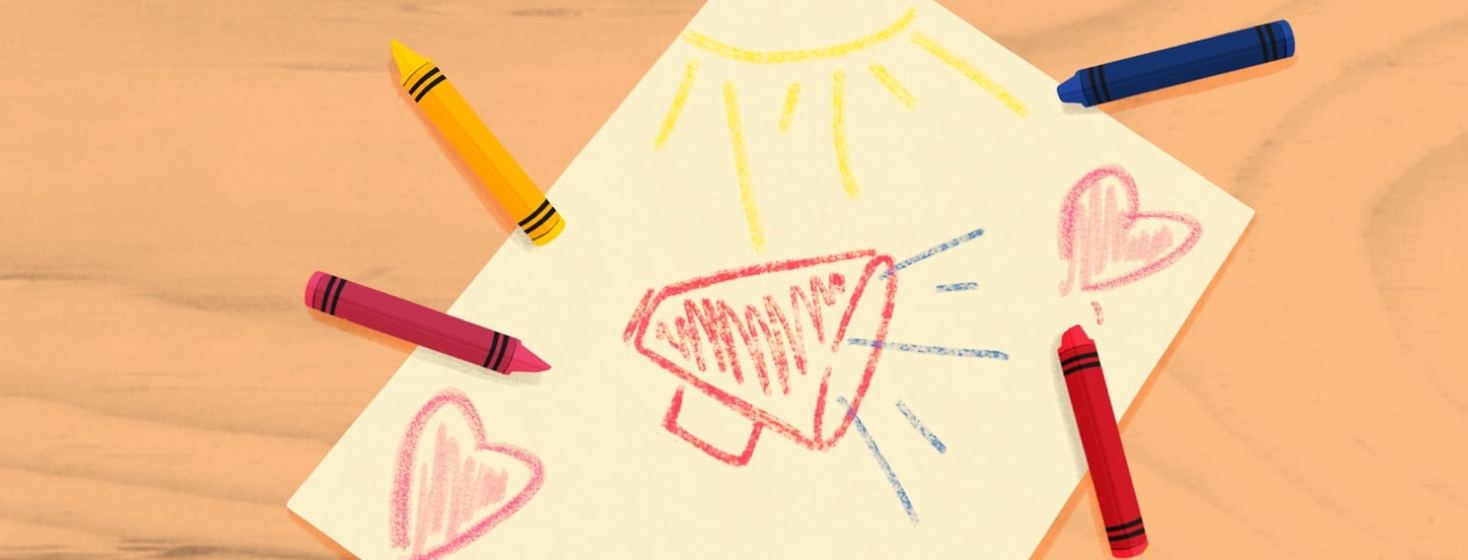Becoming My Own RLS Advocate
Unless you have a few family members with restless legs syndrome (RLS), you may not have come across many other people with RLS. It's not something that comes up in conversation often. Most people with RLS spend years suffering on their own before seeking help.
In many cases, your family doctor may not be all that familiar with RLS either. It wasn't until my grandson started showing symptoms at 3 years of age that I decided it was time to learn more. It wasn't just my problem anymore.
Treating RLS is a team effort
For most of my life, I lived in a larger city, and my doctor had a large practice. Still, he had only had 3 patients that he treated for RLS. Even so, he took the time to attend an RLS seminar and shared with us what was working for the other 2.
I trusted that he had all of the information we needed and that showing up at his office was all I had to do. It never occurred to me that there was more to it and that I also needed to be my own advocate. Boy, was I wrong.
With a little help from my friends
I joined an RLS support group because I wanted to be an advocate for my grandson. Joining that group, boy oh boy, did I learn a lot, and fast. Prior, I had never read beyond the information pamphlet that came with the medication I was handed. The truth is, even though I'd had RLS my whole life, I knew very little about my own disease.
Sure, I had tricks that worked for me. Things I'd figured out on my own, or that other family members had said worked for them. Before joining an RLS support group, I didn't know that there could be food triggers or that some medications can make symptoms worse. Those are things my grandma never knew, and it makes me sad to think what a difference it would have made to her long life had she.
Doing my own research
A decade ago, there was not as much information about RLS as there is now. Even then, I found it overwhelming. I started by focusing on what information I felt I needed immediately and what I thought was relevant to me. I began removing things I discovered could be making my symptoms worse and trying new things that I learned may help.
Sharing my findings with my doctor
Then I began learning about RLS as a whole. I started reading studies and every article I could find written by well-known experts. Once I started to understand more about the disease, I was able to take that information to my doctor when discussing the next steps moving forward. It helped knowing how my RLS may be affected when treating other conditions, which was not something my doctor would have even thought of.
It takes a village
I know that some people do not have the support of family members or friends. Understanding our disease can also help us feel more confident in talking to those in your life who may not understand what you are going through.
I didn't set out to be my own advocate. I just wanted to help a little boy. What I've discovered is that having the support of a community that understands, being able to be an active participant in my treatment along with my doctor, and sharing with others the things that work for me has helped in ways I didn't know I needed.

Join the conversation